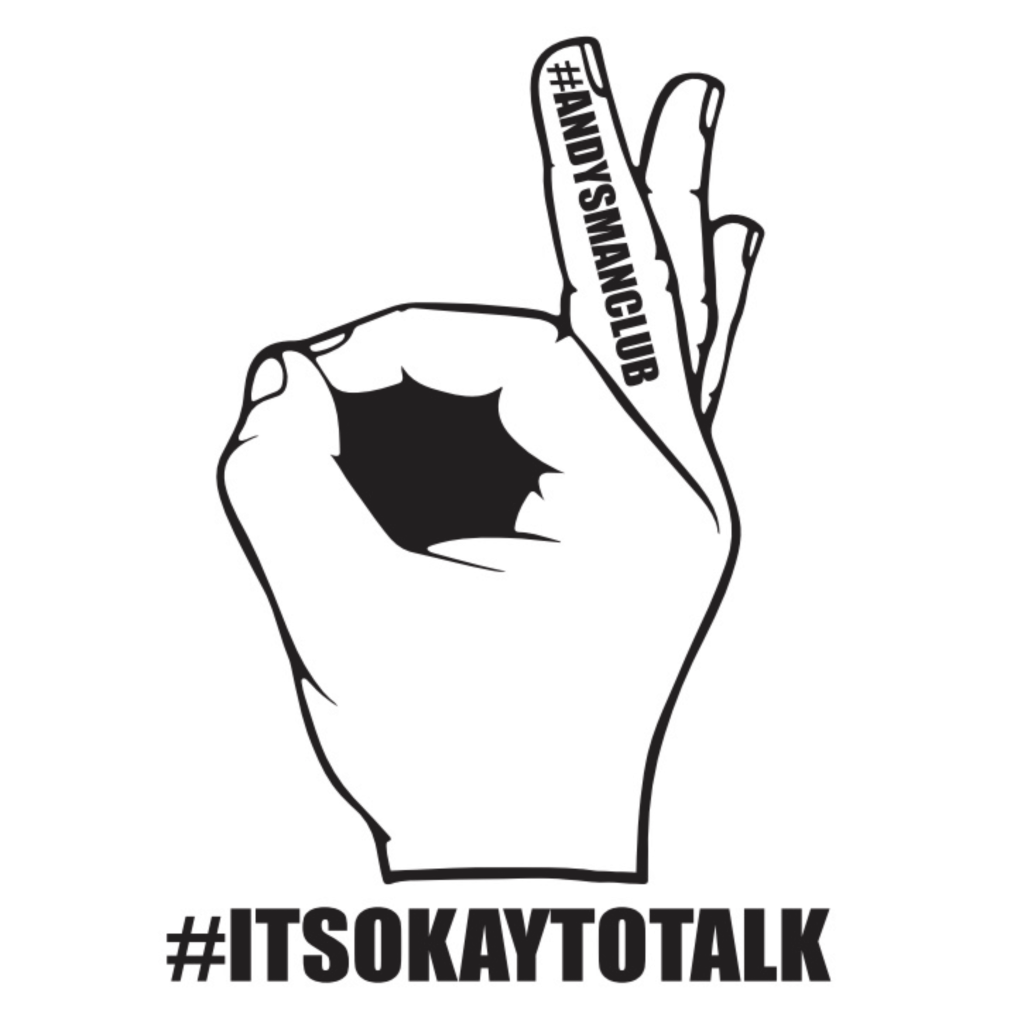For years, the dominant message in men’s mental health has been simple – “Men need to talk more.” While the intention is positive, it doesn’t fully address the deeper issue. Many men don’t know how to talk about their emotions or feel safe enough to do so.
Telling men to “just talk” overlooks the complex reasons why opening up is difficult. Social conditioning, personal experiences and deep-rooted fears of seeming weak all play a role. If we want more men to express their feelings, we need a better approach – one that meets them where they are rather than where we expect them to be.
Why Men Struggle to Open Up
Before we talk about solutions, it helps to understand the barriers that hold many men back.
Cultural conditioning
From a young age, boys are often told to “be tough” and not show vulnerability. That lesson sticks, making it hard to express emotions later in life.
Fear of judgment
Many men worry about how others will perceive them if they admit they’re struggling – whether it’s their mates, partner or even themselves.
Lack of emotional vocabulary
If emotional language isn’t encouraged early on, many men grow up without the words to explain what they’re feeling beyond “fine” or “stressed.”
The pressure to be strong
Some men feel responsible for holding it all together. Expressing difficult emotions might feel like they’re letting others down.
Bad past experiences
Men who were dismissed or mocked for opening up before are understandably hesitant to try again.
What Actually Helps Men Open Up
Encouraging men to talk is important, but how we go about it makes all the difference.
Make it active
Many men are more comfortable talking while doing something. Sitting face-to-face and being asked direct questions can feel confrontational or awkward.
Try this: Go for a walk, drive or do something practical together. Without the pressure of eye contact or intensity, it’s easier for conversation to flow.
Ask better questions
Generic questions like “How are you?” often get generic answers. Thoughtful, open-ended questions can open the door to a real conversation.
Try this: “What’s been on your mind lately?”, “What’s been the best and worst part of your week?”, or “You seem a bit off – what’s going on?”
Create a judgment-free zone
Men need to know they won’t be judged for sharing their thoughts or emotions. Dismissing or joking about what they express can shut the conversation down.
Try this: Say, “That makes sense” or “Thanks for sharing that.” If you sense he’s ready to talk more, ask, “How are you feeling about it now?”
Listen – don’t fix
When a man does open up, resist the urge to jump in with solutions. Often, he just needs space to vent and feel heard.
Try this: Say, “That sounds really tough” or “I get why you’re feeling that way.” That can be more powerful than offering advice.
Lead by example
Men are more likely to open up if they see someone else doing it first. Sharing your own thoughts and feelings can make it easier for someone else to follow.
Try this: Say something like, “I’ve been feeling a bit overwhelmed lately – how about you?” It signals that it’s safe to talk.
Redefine strength
Many men equate vulnerability with weakness. It’s vital to challenge that belief and show that speaking openly is a sign of strength.
Try this: Remind the men in your life that facing what’s going on in their head takes more courage than ignoring it.
Respect his timing
Some men need time to process before they can talk. Forcing a conversation too soon can backfire. Let them know you’re there when they’re ready.
Try this: “I don’t want to push, but I’m here if you want to talk.”
Creating Safer Spaces for Men to Talk
Men do want to talk about their feelings – but only when they feel safe, understood and ready. The message to “just talk more” is too simplistic. Real change comes from changing the culture around how and when men are invited to open up.
At Men’s Therapy Hub, we understand the barriers many men face when it comes to expressing themselves. That’s why we connect men with male therapists who understand the unspoken pressures and create a space where they can take things at their own pace.
Talking isn’t about weakness – it’s about strength. And when the space feels right, men will talk.















